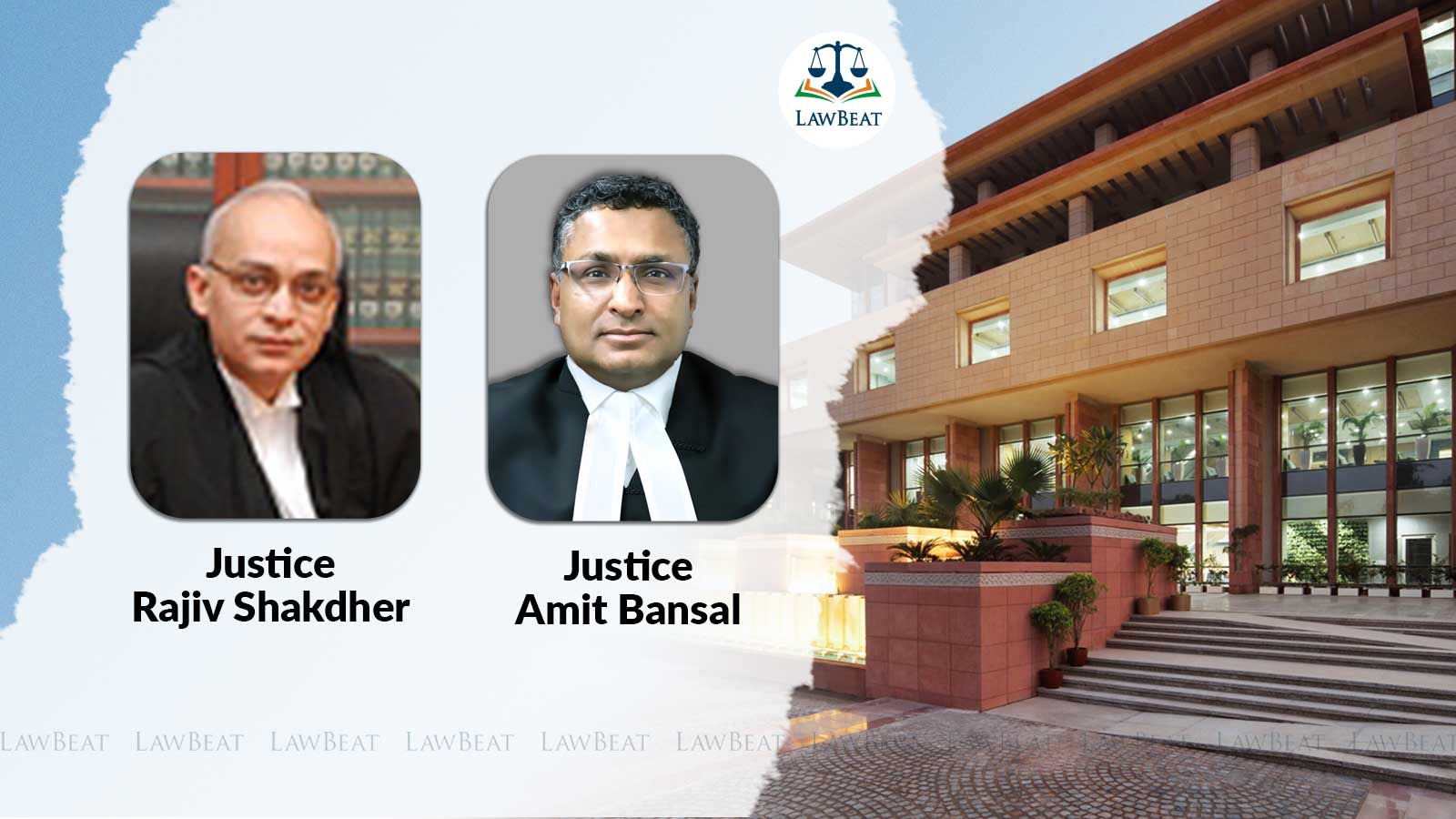Adulterer Not A Proper Party In Divorce Proceedings As Issue Can Be Adjudicated Without Him: Delhi HC

The court also noted “A divorce action is a lis centered around the couple who have entered into matrimony. A third party [who does not claim the status of a spouse] has no locus to intervene or seek impleadment in such a cause”.
The Delhi High Court, recently, held that an adulterer was not considered a proper party since the matter of adultery could be resolved without including the adulterer as a party to the case. The evidence of adultery did not need to be confused with the determination of who should be included as a party in a divorce proceeding.
The bench of Justice Rajiv Shakdher and Justice Amit Bansal held, “The alleged adulterer is, to our minds, not a necessary party as a decree can be passed in his/her absence. Likewise, the adulterer is not a proper party since the issue concerning adultery can be adjudicated without making the adulterer a party to the cause. Proof of adultery need not be conflated with who should be arrayed as a party to a divorce action”.
The observations were made in an appeal seeking to overturn the order and judgment of the trial court wherein, the wife expressed grievance over the dismissal of her application filed under Order VII Rule 11 of the Code of Civil Procedure, 1908 (CPC).
The wife, represented by Advocates Prateek Goswami, Dhiraj Goswami and Shashank Goswami, contended that the divorce action initiated by the husband against the wife was based on three grounds: cruelty, adultery, and desertion.
Concerning the issue of desertion, the wife argued that the requirements of Section 13(1)(ib) of the Hindu Marriage Act, 1955 (HMA) were not met. Specifically, it was emphasized that a divorce on the ground of desertion could only be granted if the wife had deserted the husband for no less than two years immediately preceding the filing of the petition.
Furthermore, the wife asserted that since she lived and cohabited with the husband until July 2022 and the petition was filed around May 25, 2023, the ground under Section 13(1)(ib) of the HMA was not available to the husband.
The court noted that although the counsel for the wife was correct in contending that even if November 2021 was considered the date of desertion, the ground would still not be available to the husband as the divorce petition was filed only in May 2023. The court noted that this did not justify rejecting the divorce petition, as the ground of cruelty still appeared viable at this stage.
On the issue of not joining the alleged adulterer as a party, the court agreed with the recordings of the single judge that the divorce petition could not be rejected solely because the alleged adulterer was not impleaded as a party.
The court further favored the analysis of the single judge that the divorce petition could not be dismissed merely because a part of the cause of action was not viable in law, provided the Court had jurisdiction to entertain the action.
Accordingly, the court opined that the divorce petition could not be rejected in part, as including a third party in a divorce petition was neither proper nor necessary. “A necessary party is one in whose absence no effective decree can be passed, whereas, a proper party enables complete and final adjudication of issues involved in a given lis”, the court further clarified.
The alleged adulterer was not deemed a necessary party, as a decree could be passed in their absence. Likewise, the adulterer was not a proper party since the issue of adultery could be adjudicated without making the adulterer a party. Proof of adultery did not require determining who should be made a party to the divorce action.
The court highlighted that the alleged adulterer could either be summoned as a witness or other evidence could be presented before the Family Court to prove adultery.
Therefore, given the allegations of cruelty within the divorce action, the court held that the petition could not be rejected piecemeal under an application moved under Order VII Rule 11 of the CPC. The court, accordingly, dismissed the appeal filed by the wife.
Case Title: X v Y (2024:DHC:5541-DB)
